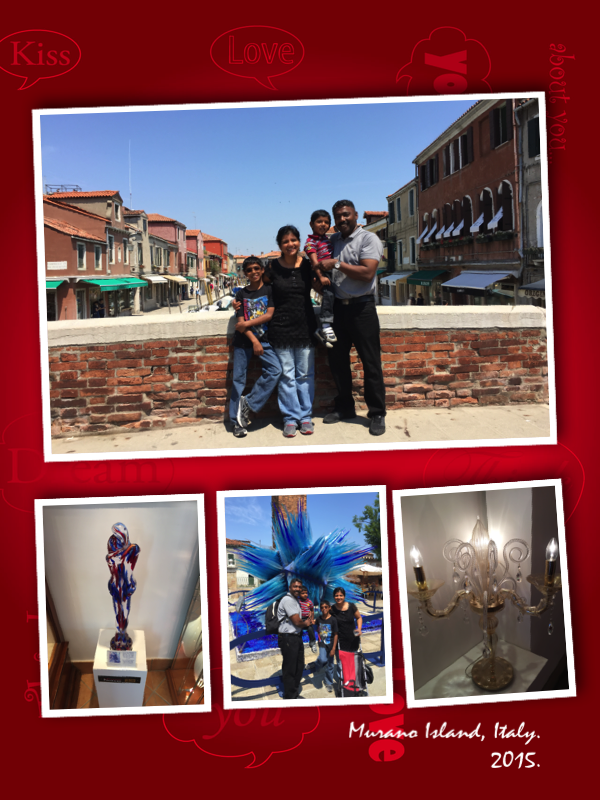Genesis 27:30-38 gives the account of Esau, the firstborn son of Isaac, discovering that his younger brother Jacob had deceitfully usurped him of his blessings, in addition to his birthright, which he foolishly relinquished for a bowl of soup. As soon as Isaac had given his blessings to Jacob and Jacob had barely left Isaac’s presence, Esau returned from his hunting. He made the savory venison meal that his father had requested as a condition to give his blessings to Esau, and asked his father to arise and eat and bless him. Isaac’s realizing that he had been cheated trembled and asked the same question he had asked his other son Jacob – Who are you? Esau responds that he was his firstborn, though he was devoid of his birthright which he had sold to his brother Jacob. Technically, Esau had no rights to his father’s blessings. Isaac informs Esau of the subtlety of Jacob and that he had blessed Jacob already. When Esau heard this, he cried out with a great and exceedingly bitter cry and asked his father to bless him also. Esau also exclaimed that Jacob had lived up to his name as a supplanter who had robbed him of his birthright first and now his blessings and questioned his father “Have you not reserved a blessing for me?”, “Has thou but one blessing, my father?” and he lift out of his voice and wept.
Points to ponder:
The questions posed by Esau to Isaac, his father were “Hast thou not reserved a blessing for me?” and “Has thou but one blessing, my father?” It is sad to see that Esau own desires to gratify the desires of his flesh (Genesis 25:29-34) had robbed him of the spiritual blessings he was originally entitled to as the firstborn son of the father.
While this account gives us a clear picture of our natural state of affairs, there is hope and good news that can be gleaned from this account. As the children of Adam, who gratified the desires of his flesh and ate the fruit of the forbidden tree (Genesis 3), we relinquished the right we had with God the Father and our creator. The spiritual blessings that we were to enjoy, being created in God’s own image, was lost (1 Corinthians 15:22). The questions that we had to grapple with and that made all creation groan (Romans 8:22), for even the land was cursed on account of Adam’s sin (Romans 3:17-18) were “Have you not reserved a blessing for me?”, “Has thou but one blessing, O God our Father?”
But praise be to God the Father, who made the provision of his Only begotten Son, Jesus Christ, the firstborn over all creation (Colossians 1:15), who makes it possible for us to be adopted back into God’s family, when we believe in him and when we receive him. And all whoever accepts Jesus as their Savior, Master and Lord are adopted as children of God (John 1:12, Romans 8:15) and are blessed not in one, but in all spiritual blessings (Ephesians 1:3) – from selecting us before the foundation of the world to be holy and blameless, giving us sonship and saving us by his blood and forgiving us, and sealing us by his Holy Spirit of promise (Ephesians 1:3-13).
Since all who have believed in and accepted the Lord Jesus Christ as God’s son, our Savior, have been blessed in all spiritual blessings, they do not need to ask “Has thou but one blessing, my father?”. Do you have to? Don’t leave that question unanswered, please.
Genesis 27:30-38 (KJV)
30 And it came to pass, as soon as Isaac had made an end of blessing Jacob, and Jacob was yet scarce gone out from the presence of Isaac his father, that Esau his brother came in from his hunting.
31 And he also had made savoury meat, and brought it unto his father, and said unto his father, Let my father arise, and eat of his son’s venison, that thy soul may bless me.
32 And Isaac his father said unto him, Who art thou? And he said, I am thy son, thy firstborn Esau.
33 And Isaac trembled very exceedingly, and said, Who? where is he that hath taken venison, and brought it me, and I have eaten of all before thou camest, and have blessed him? yea, and he shall be blessed.
34 And when Esau heard the words of his father, he cried with a great and exceeding bitter cry, and said unto his father, Bless me, even me also, O my father.
35 And he said, Thy brother came with subtilty, and hath taken away thy blessing.
36 And he said, Is not he rightly named Jacob? for he hath supplanted me these two times: he took away my birthright; and, behold, now he hath taken away my blessing. And he said, Hast thou not reserved a blessing for me?
37 And Isaac answered and said unto Esau, Behold, I have made him thy lord, and all his brethren have I given to him for servants; and with corn and wine have I sustained him: and what shall I do now unto thee, my son?
38 And Esau said unto his father, Hast thou but one blessing, my father? bless me, even me also, O my father. And Esau lifted up his voice, and wept.



